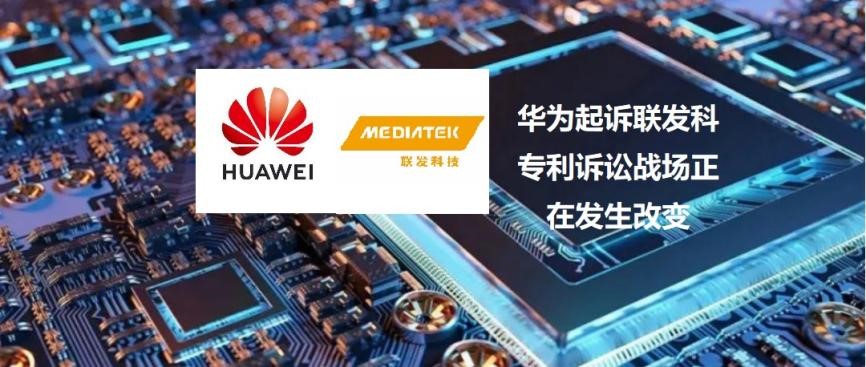With the rapid development of 5G technology, the patent litigation between Huawei and MediaTek has not only attracted widespread attention inside and outside the industry, but also symbolized the strategic shift of the patent battlefield from terminal equipment to core components. China Exportsemi Web will try to analyze this lawsuit in depth, and through this article, we will explain the deep meaning behind it, the potential impact on the industry landscape, and the possible changes in the patent licensing model in the future.
Huawei's patent strength and strategy
As the world's leading communications technology company, Huawei's patent reserves and R&D capabilities should not be underestimated. According to public information, by the end of 2022, Huawei held more than 120,000 valid authorized patents worldwide, of which 5G and Wi-Fi 6 patents accounted for a significant proportion. At the 2023 Innovation and Intellectual Property Forum, Huawei made public its patent licensing rates, capped at $1.5 and $2.5 per unit for 4G and 5G phones, respectively, and $0.5 per unit for Wi-Fi 6 devices.
Background and possible impact of the lawsuit
Huawei's lawsuit against MediaTek may involve patents for cellular mobile communication technologies such as 5G. This action not only demonstrates Huawei's determination to defend its intellectual property rights, but may also herald a shift in its patent licensing strategy, from end-device manufacturers to IC design and chip manufacturers. This shift could have far-reaching implications for the semiconductor industry as a whole, and chip design and manufacturing in particular.

Pictured: Huawei sues MediaTek, and the patent battlefield is changing
Potential changes in the industry landscape
MediaTek, as one of the world's major chip design companies, may trigger a chain reaction if it faces an adjustment of patent fees in this lawsuit, affecting the cost structure of the entire chip supply chain. In the long run, this may lead to a shift in the burden of patent licensing fees from terminal equipment manufacturers to upstream chip suppliers, which may affect the price composition of terminal products such as smartphones.
Future trends in patent licensing models
With the in-depth application of 5G technology and the acceleration of global digital transformation, the patent licensing model urgently needs to adapt to new market needs and technological developments. Huawei's case against MediaTek could be a catalyst for the industry's shift to a more rational and efficient patent licensing model. In the future, we are likely to see more component-level based patent licensing models, which will have a positive impact on patent pricing, technology adoption, and industrial innovation.
Summary
Huawei's lawsuit against MediaTek is not only a legal battle, but also an important adjustment of the patent strategy layout in the 5G era. How this event will shape the future patent licensing model and affect the development of the semiconductor industry and the entire technology industry deserves our continued attention. With the strengthening of global awareness of intellectual property protection and the construction of innovation ecology, a reasonable and fair patent licensing mechanism will play a key role in promoting technological progress and industrial prosperity.






